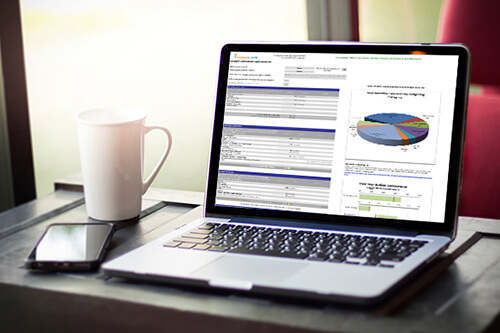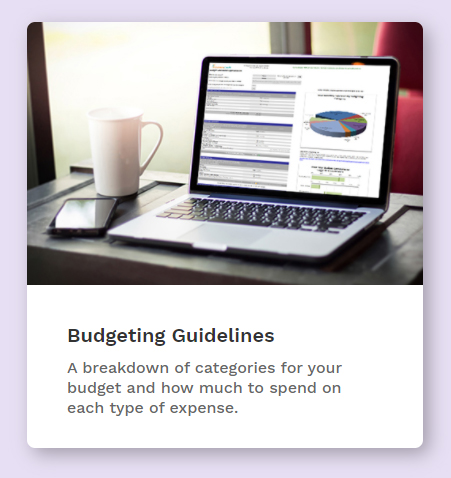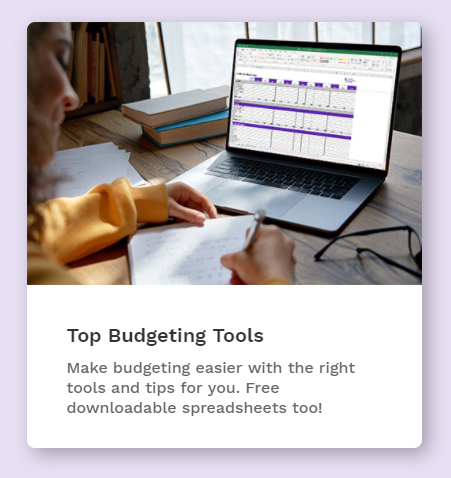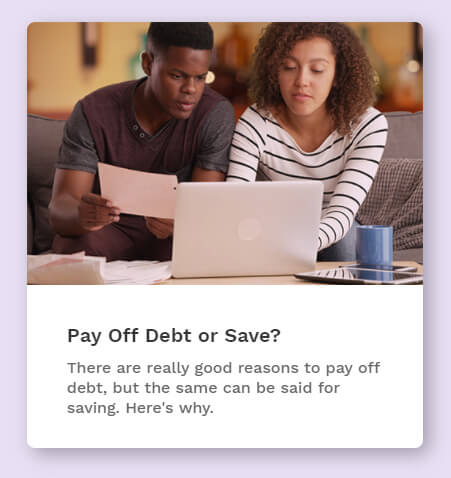Saving Face & Avoiding a Financial Crisis – Money Management & Personal Budgeting
Q: On a whim a few months ago, we agreed to go away over New Years with two other couples. The deposit is now due on the cabin and we have no idea where to get the money. Our credit cards are maxed. The only way we can manage our money and payments is to use our line of credit for our car payments. It would be really embarrassing to say that we can’t afford to go, so what else can we do so that we can save face financially?
A: Realizing that your finances are stretched to the max is bad enough; being worried about saving face to avoid a financial crisis with those who are depending on your financial commitment makes it that much worse. However, if you are already at your limit, adding more debt to what you already owe, might just be the straw that breaks the camel’s back.
Cut Costs In Order to Avoid Getting Further Into Debt
Dealing with the situation sooner than later leaves more options for everyone. Your friends might be able to find another couple to take your place or they might be able to book a less expensive cabin or holiday location.
For you though, this needs to be a serious reality check because a little embarrassment now with your friends will become the least of your worries if your financial situation gets worse. Falling behind on payments is one of the warning signs of debt, and if this happens, your credit rating will be impacted and you and your partner will struggle to stop collection calls from your creditors.
Personal Budgeting – Income vs Expenses, Spending vs Saving
I would strongly suggest that you sit down with your spouse and take stock of your situation. You need to discuss:
How Much You Each Owe
List out all of your debts. This is a good time to fess up if either of you has been hiding spending and / or debt from the other. Put all your cards on the table, so to speak.
Who You Owe Money To
Big and small, secured and unsecured, list out all of your debts, even if they’re to a family member. Don’t forget to include any buy-now-pay-later accounts that aren’t yet (officially) in your debt repayment plan.
Your Assets
List out joint and individual assets. It’s easy to think of your home or car, but don’t forget financial assets, such as RESPs which could be in jeopardy if your financial situation deteriorates.
Income vs Expenses
Sources of Income
Most people can say with relative certainty how much they earn, but take a careful look at each of your paystubs to see what your deductions are. There may be an optional deduction you had forgotten about, e.g. contributions to staff fundraising. Don’t forget to add irregular income to your list, e.g. commissions or bonuses, as long as it’s already been paid to you.
All Expenses
Start by looking back over your bank and credit card statements so that you’ve got a starting point. Your list of expenses needs to include all of your bills and payments, spending money and seasonal and unexpected expenses. If listing out all of your expenses accurately is too hard, you might both need to track your spending for a few weeks so that you get a more accurate picture of where your money is going. With a bit of practice you will be managing your money well in no time!
Prioritize Your Monthly Payments
While having a conversation about your debts and financial situation won’t be easy, it is essential. Once you have everything listed out, prioritize your debts and expenses. Housing and vehicle expenses are typically at the top of the list, followed by essential living expenses.
Spending vs Saving
Decrease Your Spending
Look at your overall spending and decide where you can cut back to balance your budget. Rather than one big, drastic change, try to make several small, manageable changes that you can get used to living with immediately. To avoid a financial crisis it’s crucial that you do not spend more than you earn. Work together to help each other stick to the plan. If after decreasing your spending your debt load still looks unmanageable, seek professional help. The sooner you do, the more options you’ll have. Check out our free debt load calculator to see how much you owe and contact us if you need help.
Contact Us for Free Money Management Help
The Bottom Line
You’ll need to level with your friends, so stick with the truth. If they’re good friends, they won’t want to see you struggle financially, and will understand your decision. If you would like some money management help call us at 1-888-527-8999, email us or chat with us online. Our service is free and 100% confidential.
<< Go back to the main blog page






0 Comments